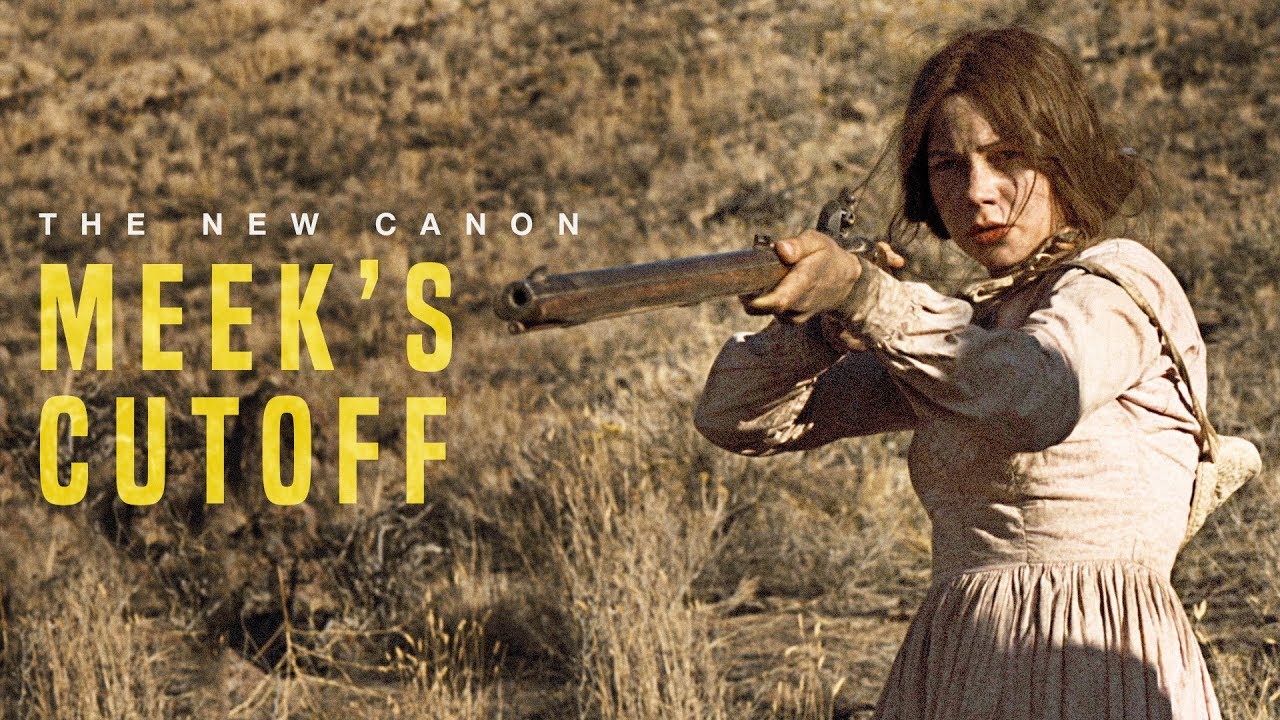Many of the characters in Kelly Reichardt’s compact and intimate body of work are lost in America. Maybe they’ve lost their emotional moorings, or perhaps they constitute the more marginalized members of society, people who, for one reason or another, have slipped through our societal security net.
Reichardt’s 2010 film, Meek’s Cutoff, embodies these ideas in their most literal sense, focusing on the true story of a group of nineteenth century pioneers who set out on the Oregon Trail only to find themselves in danger of being stranded. Many of Reichardt’s films have been critically acclaimed, but Meek’s Cutoff was met with more confusion and indifference than the director’s more navigable works. The narrative is more elusive, its characters more opaque. Like the very characters Reichardt portrays, Meek’s Cutoff could have slipped through the cracks. In our latest installment of The New Canon, we discuss why that should never happen and how, in hindsight, the film very well may be Reichardt’s most daring endeavor yet.
Want to hear about the other movies in Fandor’s “New Canon?” Check out our thoughts on “Ida,” Todd Haynes’ “Carol,” “Oldboy,” “A Touch of Sin,” and “Uncle Boonmee Who Can Recall His Past Lives.”



